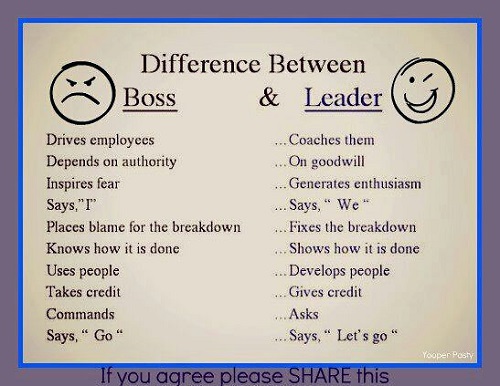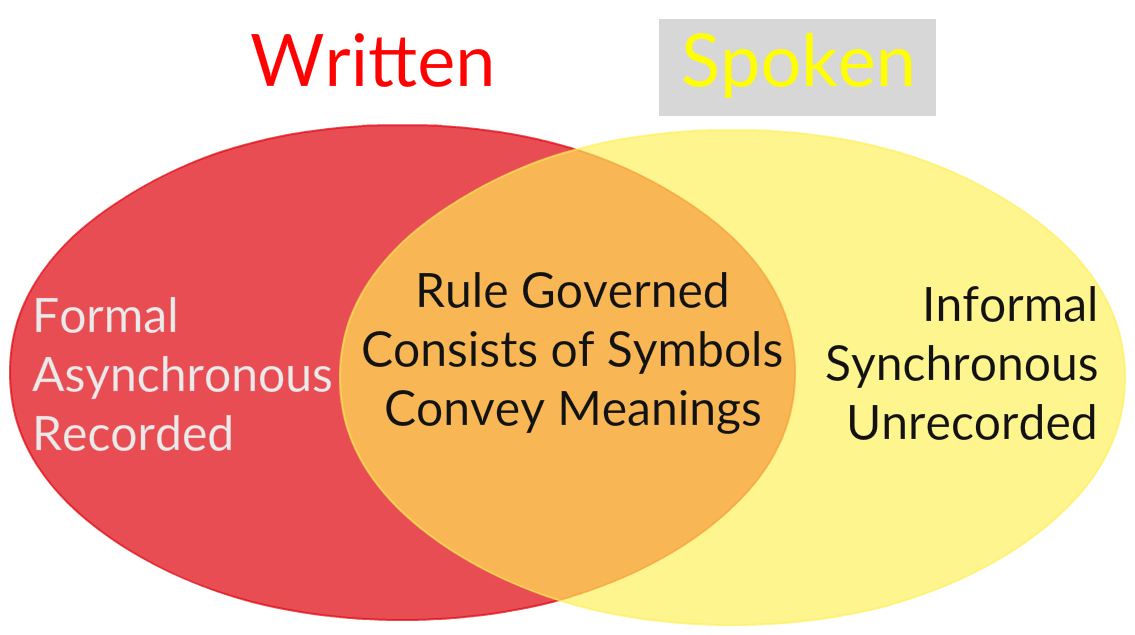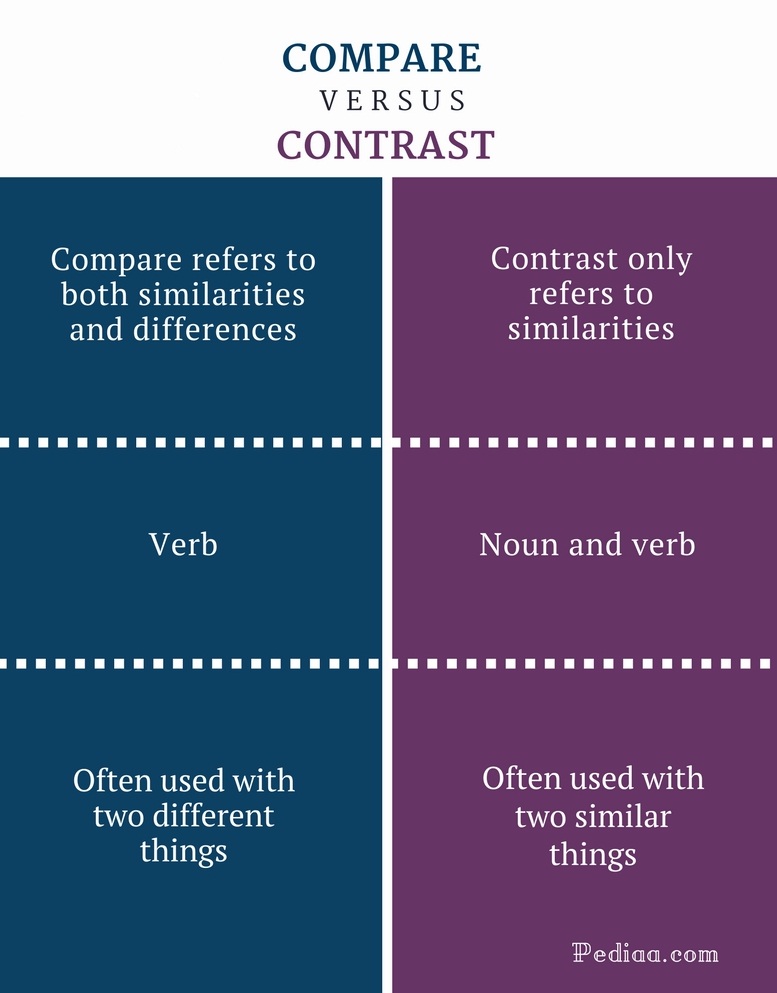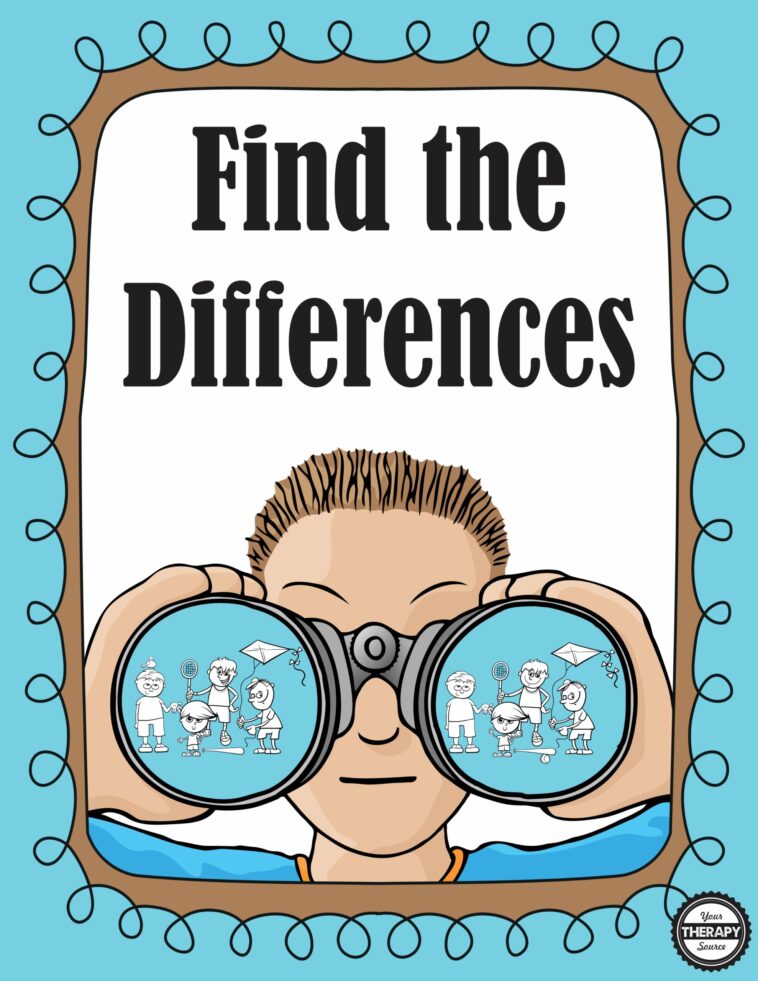Are you curious about the differences between 5G and 4G? With the next generation of mobile technology, 5G, set to revolutionize the way we use our mobile devices, it’s important to understand the differences between 4G and 5G. In this article, we’ll be exploring the key differences between the two technologies and how 5G will change the way we use our phones. Read on to discover all the facts you need to know about 5G versus 4G.
Overview of 5G and 4G Technology

When it comes to cellular technology, 5G and 4G are two of the most talked about. While they both use radio waves to transmit data, they differ in speed, capacity and latency. 5G is the latest and greatest of the two, boasting faster speeds, more efficient use of spectrum and lower latency. It’s capable of connecting more devices to the same tower, making it ideal for applications where multiple devices are used simultaneously. 4G, on the other hand, is the predecessor to 5G and is still widely used. It’s slower and has less capacity than 5G, but is still a reliable technology for many applications. The choice between 5G or 4G really depends on what you plan to use it for, but with its faster speeds, 5G is the clear winner for most applications.
How 5G is Different from 4G

When it comes to the 5G vs. 4G debate, there’s no denying that 5G takes the cake. It’s faster, more reliable, and offers better coverage than 4G. With 5G, you can expect download speeds up to 20 times faster than 4G, as well as lower latency and improved network stability. Plus, 5G is better able to handle the increased demand of a connected world, so you’ll have fewer dropped calls and faster streaming. So if you’re looking for the best network experience, it’s definitely worth investing in 5G.
5G Speeds and Performance

If you’re trying to decide whether to upgrade to 5G or stay with 4G, then you need to know the difference in speeds and performance between the two. 5G is lightning-fast, with download speeds reaching up to 10 Gbps and upload speeds up to 6 Gbps. That’s a big jump from the 1 Gbps download speeds of 4G. In addition, 5G has a much lower latency rate than 4G, which means that data can be transferred faster and more efficiently. This means 5G can provide an incredibly smooth experience when streaming videos, playing games, or performing other demanding tasks. So if you’re looking for a fast and reliable connection, then 5G is definitely the way to go.
Benefits of 5G over 4G

5G is the next generation of mobile technology, and it comes with some awesome benefits over 4G. For starters, 5G is faster than 4G, with download speeds up to 20 times faster than 4G. This means you can download files, stream music and movies, and browse the web without having to wait forever for things to load. 5G also has increased bandwidth, meaning you can do more with your data – like download HD movies – without having to worry about using up too much data. 5G also has a lower latency than 4G, which means you can get an almost instantaneous response time when using applications or streaming content. All of this means that 5G is an awesome upgrade from 4G, and you should definitely check it out if you’re looking for the fastest and most reliable mobile internet speeds.
Challenges of 5G Adoption

5G adoption does come with some challenges that are worth noting. First, there is the cost of updating devices for both consumers and businesses. As with any new technology, 5G requires new equipment, which can be expensive to purchase and install. Additionally, many countries lack the infrastructure to support 5G networks, meaning that people may have to wait until the technology is more widely available before they can use it. Finally, 5G networks may have some security risks due to their increased speed and complexity. It is important to stay informed of the latest developments in 5G security technologies in order to ensure that your data is kept safe.





GIPHY App Key not set. Please check settings